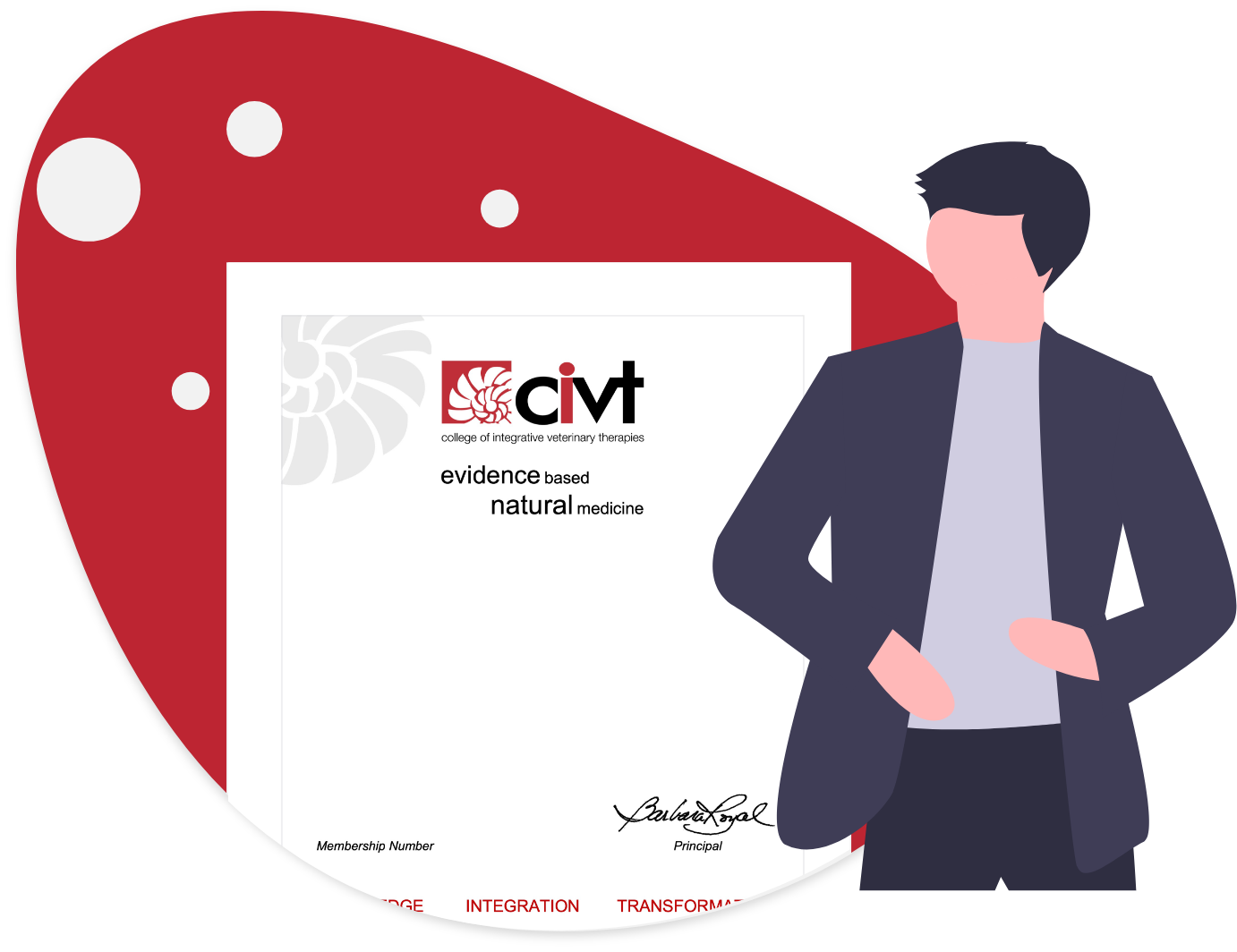VWHM10021 Foundations of Veterinary Phytotherapy
This module introduces the history of herbal medicine, and looks at the parallel emergence of veterinary herbal medicine including the current renaissance in contemporary practice. It explores the history and philosophies of some major historical figures in Western Herbal Medicine as well as touching on other ancient healers and systems including Egyptian, Arabic, Roman and Greek medical systems. The Traditions of Western herbal medicine are investigated including the Humoral Theory, Physicomedicalism, Eclectic Movement and Doctrine of Signatures which underpin the development of Modern Herbalism and Modern Veterinary Herbal Medicine. it consists of:
-
Unit VWHM101 History of Western Herbal Medicine
-
Unit VWHM102 Understanding the Language of Herbal Medicine
-
Unit VWHM103 Herbal Resources and Research
VWHM10022 Global Perspectives and Contemporary Issues of Veterinary Herbal Medicine
This module is designed to develop your knowledge and understanding of herbal medicine within a global and contemporary perspective. Understanding the interrelationship of herbal medicine traditions both in the past and the present provides an awareness of the importance of herbs in animal husbandry and health across the globe. The new science of zoopharmacognosy is an interesting one that provides a perspective on the issue of "self medication" by animals. Part of the relationship between plants, animals and people is recognizing the importance of conserving endangered plants - having that awareness makes you a thoughtful practitioner for sustainable medicine. Ethics of prescribing herbal medicines in modern veterinary practice is also examined. A selection of herbs will be introduced for study throughout this module which consists of:
-
Unit VWHM104 Philosophy and Models of Traditional Medicine
-
Unit VWHM105 Contemporary Herbal Medicine Issues
-
Unit VWHM106 Clinical perspectives
VWHM10023 Herbal Botany, Pharmacognosy, Pharmacology & Manufacture
Herbalists should keep safety above any other consideration when using medicinal herbs. This unit provides a firm foundation in plant chemistry from a clinical viewpoint. Identification of herbs is important to avoid collection or purchase of inappropriate plants, adulteration, substitution and possible toxicity. We will explore how and why plants make secondary constituents, and how to study the plant itself to learn more about its constituents. Herbal pharmacology include the major classes of herb constituents and, where appropriate, their general effects on mammalian systems. Finally, manufacture of herbal medicines is reviewed as well as quality control and regulatory issues that influence medicinal safety and efficacy. The module consists of:
-
Unit VWHM107 Medicinal Plant Identification and Classification
-
Unit VWHM108 Pharmacognosy and Pharmacology
-
Unit VWHM109 Manufacturing, Processing & Dispensing
VWHM10024 Clinical Overview in Veterinary Practice
The module allows students to apply knowledge and skills learned in other units in a safe and clinically competent manner, using the herbs learnt throughout the module, within the veterinary setting. Herb toxicity and herb drug interactions will be introduced from an evidence based point of view. You will be able to take a case, analyse the case and apply principles to create a treatment plan and prescribe a herbal formula.
-
Unit VWHM110 Herb Drug Interactions And Adverse Reactions
-
Unit VWHM111 Veterinary Herbal Pharmacy Management
-
Unit VWHM112 Herbal Therapeutics in Practice



























